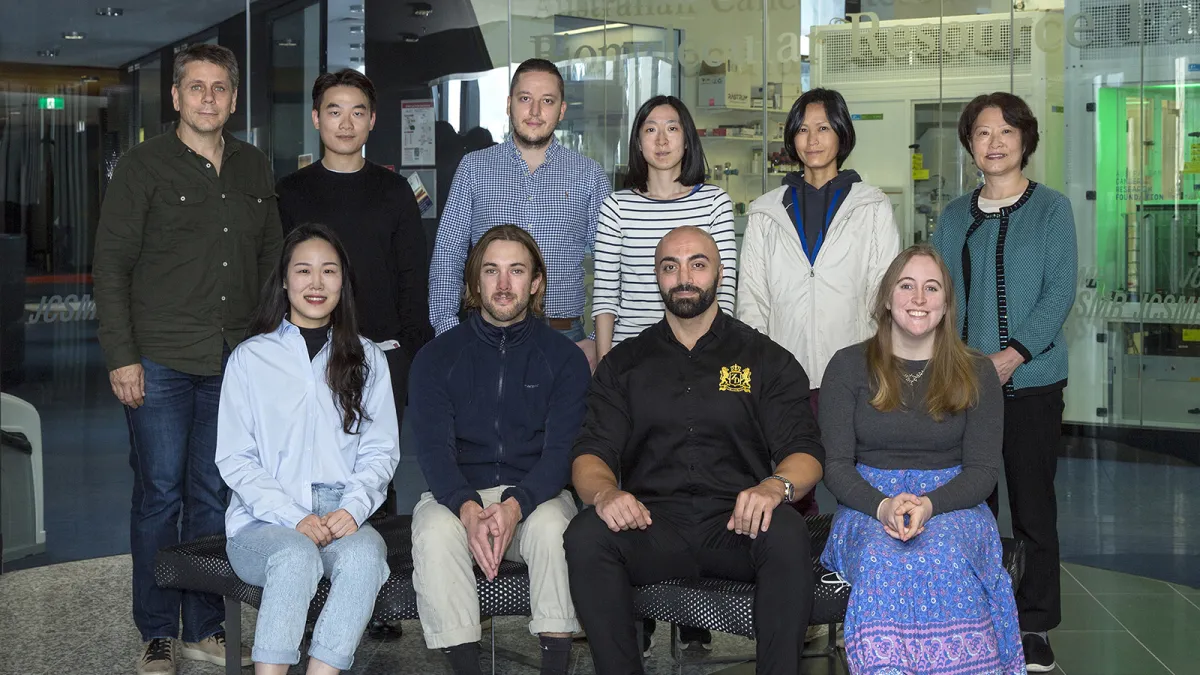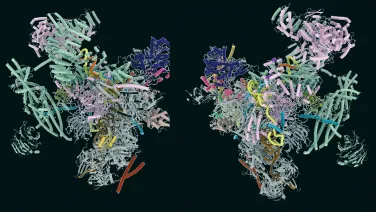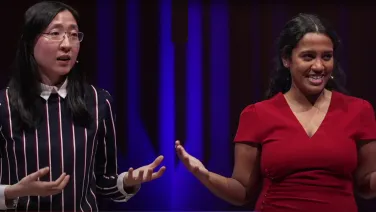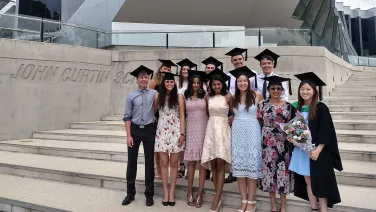The Fischer Group - Epigenetics and Genomic Stability
The Fischer lab investigates the connection between chromatin structure, pervasive transcription and RNA surveillance, and their influence on genomic stability.
Research themes
About
The major research focus in the Fischer lab is to understand the connection between chromatin structure, pervasive transcription and RNA surveillance, and their influence on genomic stability and disease development, especially in cancer and ageing-related diseases. In addition, the lab is pursuing synthetic biology approaches to develop early detection and novel treatment methods in cancer.
Tamás Fischer is an Associate Professor at The John Curtin School of Medical Research (JCSMR) at The Australian National University. He completed his PhD studies in 2005 at the University of Heidelberg, Germany, working on the nuclear export of mRNA and its coupling to transcription. Following his PhD, he was awarded a postdoctoral fellowship in epigenetics and chromatin biology at the National Cancer Institute (NCI, NIH) in the USA. He returned to Germany in 2010 to establish his own independent research group at the University of Heidelberg Biochemistry Center. He has recently moved his laboratory to Canberra, Australia to join the Department of Genome Sciences at JCSMR.
Enquiries are welcome from potential Honours or PhD students. Please contact us.








